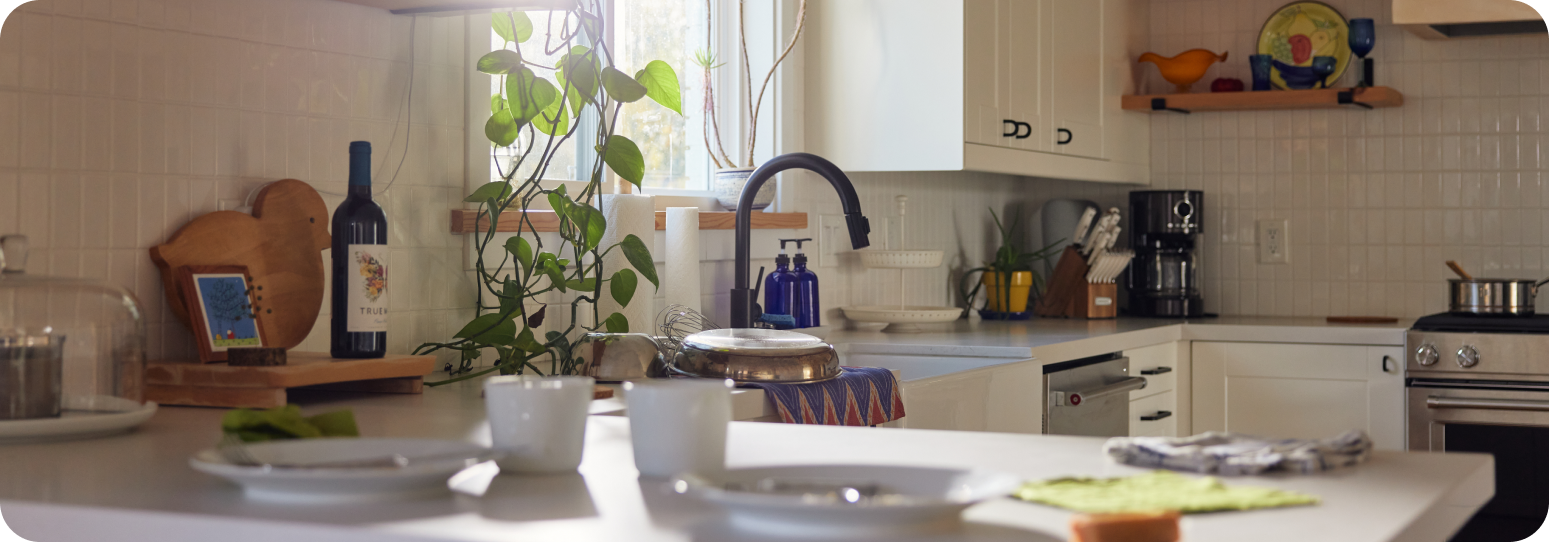You’ve swapped your light bulbs, started recycling, and maybe even bring your own bags to the store—so what’s next? Sustainable living in an apartment goes beyond the obvious. Yes, we’ll still cover the essentials, but let’s dive into the not-so-basic ideas that can help you live greener, save money, and feel good doing it.
These ideas might not be the first things that come to mind—but they pack a powerful punch.
Sure, smart plugs save energy—but they’re even better when paired with routines. Set them to turn off power-hungry appliances (like coffee makers, game consoles, or space heaters) on a schedule, or link them with your phone’s GPS to shut things off when you leave home.
Think solar panels are only for homeowners? Think again. Portable solar kits for windows or balconies can charge devices or power small electronics. They’re renter-friendly, low-cost, and a great way to dip your toes into clean energy.
Most apartment dwellers don’t need to own a drill, vacuum cleaner, or step ladder—at least not all the time. Consider starting a tool-sharing group with neighbors or through your building’s management. It’s a smart way to reduce waste and build community.
Bottled water is convenient, but it’s also costly and wasteful. Try affordable DIY filtering methods—like charcoal sticks or terracotta pot filters—for a low-tech way to improve tap water taste and quality without buying plastic filters.

Now let’s revisit the tried-and-true methods—this time with a few bonus tips.
Yes, LEDs are more efficient. But here’s a bonus tip: opt for warm-toned LEDs for a cozy atmosphere or daylight bulbs in workspaces to boost focus and productivity—without raising your energy bill.
Draft stoppers, window film, and thermal curtains can lower heating and cooling bills significantly. Add adhesive weather stripping to windows and doors for another low-cost layer of protection.
Appliances draw electricity even when turned off. Unplug gaming consoles, microwaves, or chargers when not in use—or better yet, plug them into a smart power strip that shuts down automatically.
Water-saving tips can go beyond just shower length or turning off the tap.
Modern low-flow showerheads and faucets don’t sacrifice water pressure. Look for models with a “pause” feature to stop water mid-shower while soaping up or shaving.
Track how much water you actually use by checking your meter or using smart sensors. Identifying unexpected spikes can help you catch hidden leaks or waste.
It’s more than just recycling—here’s how to tackle waste reduction with a fresh perspective.
Even if you don’t have room for a bin, many cities offer community compost drop-offs or curbside programs. No service near you? Freeze food scraps in a container until you can dispose of them properly.
Reduce first. Reuse creatively. Recycle last. Reuse jars for bulk shopping, turn old T-shirts into cleaning rags, and keep a donation box for items you no longer need. The goal: send less to the landfill.

Make your space sustainable and stylish.
Vintage and thrifted furniture isn’t just environmentally friendly—it adds character and saves money. Search online marketplaces or local shops for pieces that have a story.
When buying new, look for items made from bamboo, reclaimed wood, or recycled materials. Even big-box stores now offer greener product lines if you know what to look for.
Your routine matters—here’s how to make it more eco-conscious without adding complexity.
Going green doesn’t have to be a solo mission. Invite your community in.
Challenge your building or friend group to reduce waste, save energy, or switch to reusable products. Make it fun with leaderboards, small prizes, or themed weeks.
Organize a clothing or home goods swap with neighbors. It’s an easy way to refresh your space, reduce waste, and build community.
Sustainable living in an apartment isn’t about perfection—it’s about making intentional, informed choices. Some are easy wins, like switching light bulbs. Others take a little more creativity or effort, like starting a compost system or setting up solar panels. But all of them make a difference.
By blending the surprising with the straightforward, you can transform your apartment into a greener, healthier space—without sacrificing comfort or style.